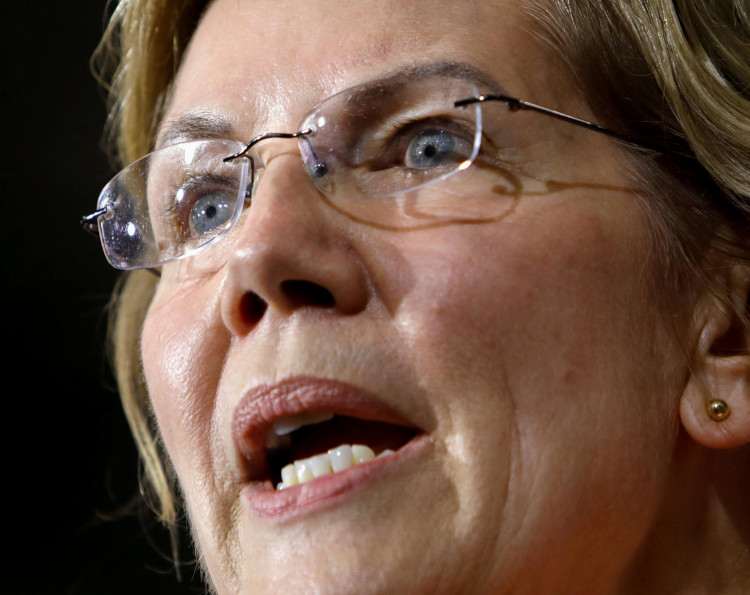According to the latest survey by UBS Global Wealth Management, rich people around the world are hunkering down for a possibly tumultuous season next year.
A plurality of rich investors expect a significant downturn in stocks before the end of 2019, and, according to a poll of more than 3,400 international respondents, 25 percent of their total holdings are currently placed in the money market.
The trade drama between the U.S. and China is their top geopolitical concern, while the upcoming American presidential election is seen as another major threat to portfolios.
As the US presidential election looms, Wall Street has started to track Elizabeth Warren's emergence closely. From a Warren administration, prominent shareholders like Paul Tudor Jones and Leon Cooperman have cautioned against a market correction.
"The rapidly changing global climate is the biggest concern for stakeholders around the globe," said in a statement by Paula Polito, UBS GWM business management director. "They see global interconnectivity and change reverberations impacting their portfolios more than traditional business fundamentals, a marked shift from the past."
More than 75 percent of the respondents said that volatility is likely to increase and that there will be significant market sales before the end of the year, based on the August-October report. Sixty percent though find their financial resources to further rise.
An even higher amount of investor portfolios- 32 percent- was in cash in the same survey conducted in May this year.
It's a view echoed by Stephen Lansdown, the multimillionaire co-founder of the Hargreaves Lansdown Plc Financial Services firm. Talking at last month's activity to carry out Guernsey Finance's study on wealthy families, he said he's "got a lot of money right now" because, ironically, he's been depressed by stocks.
Nevertheless, the caution of wealthy investors seems to be strictly for the short term. Over the next 10 years, nearly 70 percent of respondents around the world are optimistic about returns on investment.
"The challenge is that they seem to want to respond" to short-term uncertainty "by actually shortening their time horizons and shifting to safe assets like cash," said Michael Crook, the investment strategy team's managing director, although this "looks like a mismatch" with many of these people investing on a time horizon over decades and for future generations.
Investors remain concerned about global uncertainties when their investments are updated in the new fiscal year. The long-simmering trade dispute between the U.S. and China and the upcoming presidential election in 2020 are among the most widely perceived risks for investors.
Approximately 55 percent of respondents said they anticipate a "significant drop" to happen in the markets by the end of 2020, UBS said.
Wary stakeholders are planning for future volatility. According to the bank, about 25 percent of their average assets are in cash, even as stocks push to record highs.






